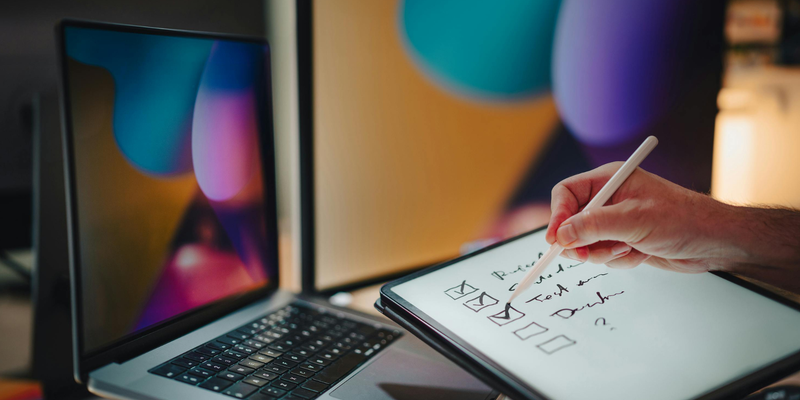Conquer Ambitious Goals with 'Micro-tasks'! 🚀
Wow, learning about 'micro-tasks' is truly exciting! 🤩 How can we encourage ourselves when faced with daunting goals? Let's explore the scientific principles in a simple and engaging way. It really feels like 'starting is half the battle'! ✨

Hello everyone! Today, we're going to talk about an amazing concept that can bring significant changes to our lives: 'Micro-tasks'. I was also genuinely intrigued after seeing the news about this. 🤩
For Those Hesitating in the Face of Giant Goals
Found this article helpful?
Never miss insights like this - delivered every morning
Everyone naturally sets big dreams and ambitious goals. But what about reality? The bigger the goal, the more overwhelming it can feel to know where to start, and sometimes, the sheer magnitude of it leads to procrastination. We've all likely experienced this at some point. 😭 When a task seems too vast, it's easy to delay, feel overwhelmed, or even lose motivation.
What Exactly Are 'Micro-tasks'?
This is where 'micro-tasks' emerge as our savior. They involve breaking down large goals into small, manageable steps. It's like assembling a giant puzzle; by fitting together small pieces one by one, the entire picture is completed before you know it! 🧩
Micro-tasks thus break down huge objectives into smaller pieces, creating a clear path forward. They also reduce emotional fatigue and enable continuous progress. 🧠 By focusing on what is immediately achievable, our brains can approach even the most daunting projects with a 'I can do this!' feeling.
The Scientifically Proven Power of 'Small Wins'
So, why are micro-tasks so effective? The secret lies in how our brains work. 🔬
Micro-tasks actively leverage what our brains prefer: 'small wins'. Each time a step is completed, our brain releases dopamine, often called a 'reward chemical'. Dopamine motivates us and encourages sustained action. Think of it like the sense of accomplishment you get when leveling up in a game! 🎮
Furthermore, breaking tasks into smaller pieces offers the following benefits:
- Reduced Decision Fatigue: Simplifying choices reduces the energy spent deliberating on what to do. 🤔
- Enhanced Focus: It allows us to concentrate on the small part we can do right now, rather than the entire complex goal. 🎯
Creating Your Own 'Micro-tasks'
So, how can you actually utilize micro-tasks? Here are a few actionable strategies!
- Set a Clear Final Goal: First, clearly define the ultimate goal you want to achieve. For example, 'Learn a new language' or 'Exercise consistently to improve physical fitness.'
- Break It Down Broadly: Divide the final goal into more manageable intermediate goals. This could be 'Memorize 10 new words daily' or 'Exercise for 30 minutes, 3 times a week.'
- Break It Down Further (Micro-tasks!): Now, break down the intermediate goals into very small action units that can be completed within a day or a short period. This might include 'Make a list of 10 words to learn today,' 'Pack your workout clothes in advance,' or 'Set an alarm 10 minutes before your exercise time.' 💪
- Execute and Celebrate: Start with the easiest micro-task and give yourself a small reward each time you complete one. Feeling a sense of accomplishment is important! 🎉
- Repeat and Build Habits: By consistently repeating this process, you'll gradually see yourself moving closer to your larger goals.
In Conclusion
Are you hesitating in the face of a big goal? Or are you feeling lost about what to do right now? Why not start 'micro-tasks' today? 😊 Each small step will combine to turn your dreams into reality. Let's all embark on a successful journey with 'micro-tasks'!
What are your 'micro-task' experiences, or which micro-task are you most eager to implement? Feel free to share in the comments below! 👇